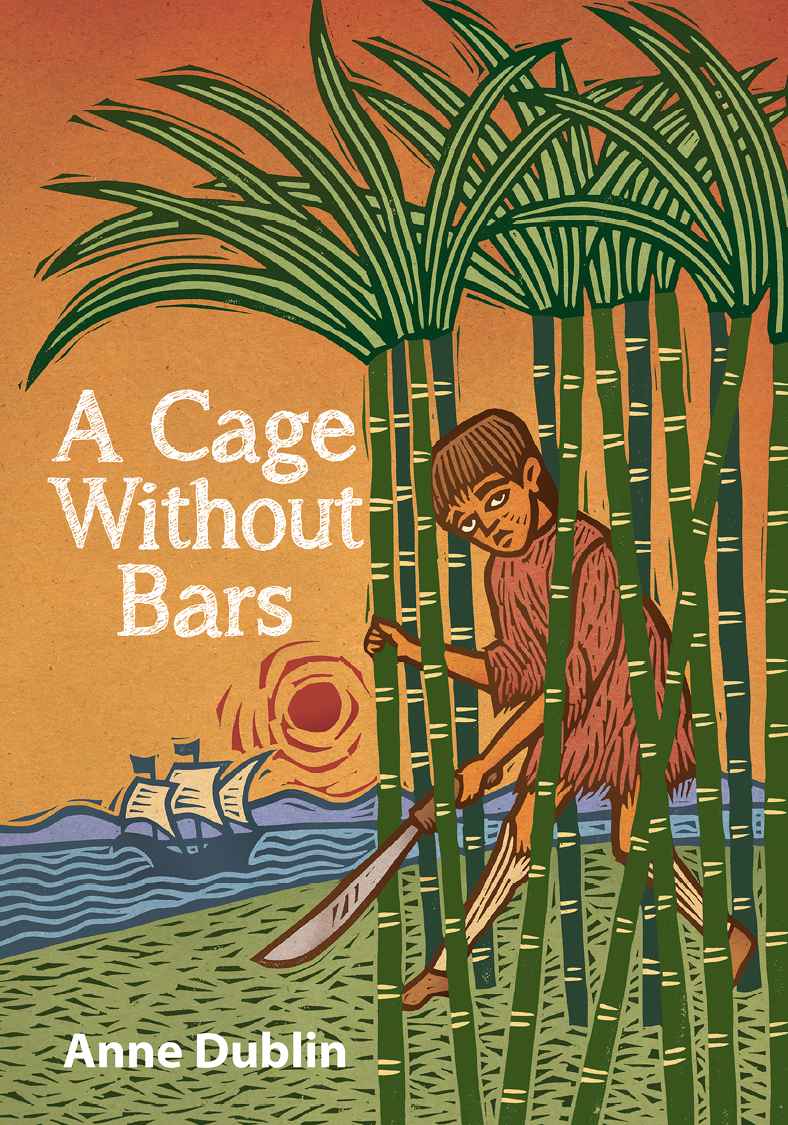Anne Dublin
A Cage Without Bars
Second Story Press, 2018, ISBN-13: 978-1-77260-069-8
Reviewed by Annette B. Fromm*
This slim book aimed for teen readers is timely in a world now focused on the topics of child labor and human trafficking. Dublin’s captivating storytelling introduces one of the many little-known instances in the complex history of the expulsion of Jews from Spain and Portugal in the final years of the 15th century. Frankly, this is a detail of which I was totally unaware.
The story starts with the experiences of a family which chooses to remain true to its Jewish faith and leave Spain for what seemed to be a more liberal Portugal. The mother and father divest themselves of their possessions and take their son and daughter, Joseph and Gracia, on the dangerous journey by foot over many miles to far away Lisbon. They join a vast number of other Jews along the hard-trodden road.
Despite hardships in Lisbon, they settle in and await money from family in Antwerp to pay for the next stage of their journey to religious freedom. Tragedy strikes at the port as they are boarding the ship to Belgium with other travelers. All of the Jewish children, including Joseph and Gracia, are forcibly taken away from their parents, their future is unknown. The children then enter into a long and dangerous sea journey to São Tomé, a Portuguese colonial island on the Atlantic coast of Africa. The story of their unrelenting life on shipboard and what faced them in the sugar cane fields in this far-off colony skillfully unfolds in the rest of the book.
Gracia finds herself working for one of the colonial mistresses and thus has a somewhat easier life than the other children. Because of his reading and writing skills, Joseph also is assigned a post which keeps him out of the unforgiving cane fields. Nonetheless, their lives are harsh and unforgiving.
In the Afterword, Dublin writes that she hopes she does justice to this unique story. Painful though it is, she does indeed do it justice. Thus, I wholeheartedly recommend this easy read to readers of all ages. For youth, this introduction to a distant chapter of Jewish history provides a strong, topical teaching moment which relates to many of today’s ethical issues associated with immigrants. Adults who read the book might be stimulated, like I was, to learn more about this very unique story. And Dublin provides two rich reading lists for both young and adult readers.
* Annette B. Fromm, is a folklorist and lecturer in Romaniote Sephardic studies.

